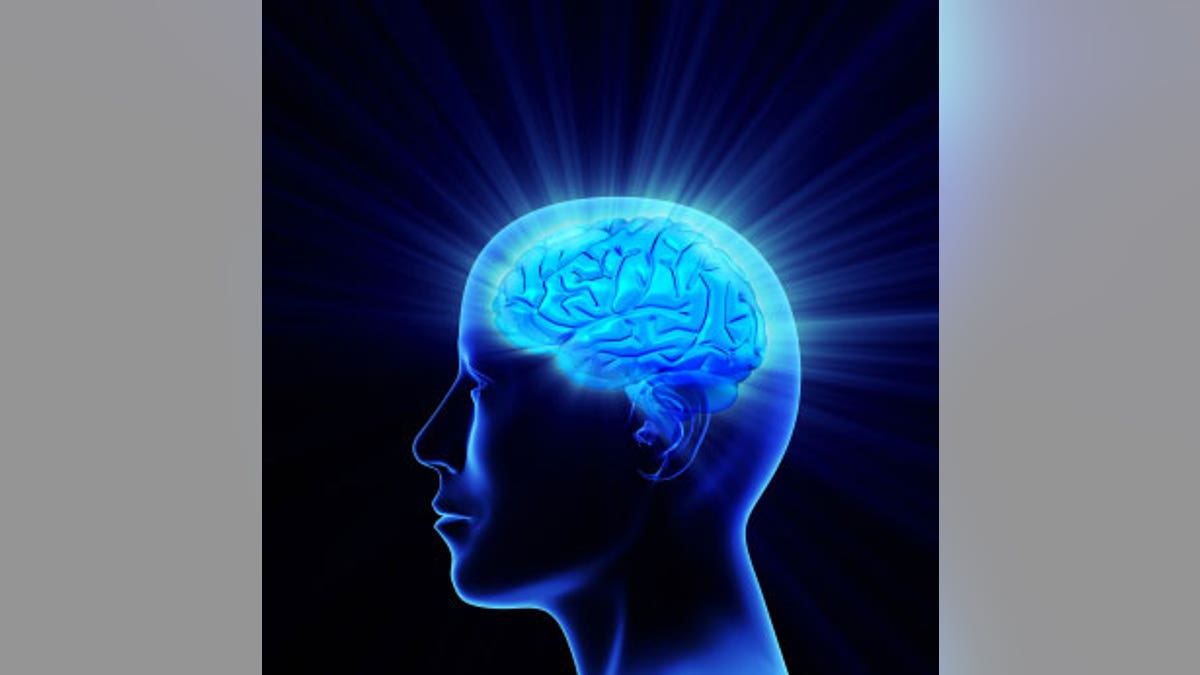
Recreational use of the club drug Ecstasy could cause memory problems, new research finds.
The research is the first study of Ecstasy users before they begin to use the drug regularly, which helps rule out alternative causes for the memory loss, said study leader Daniel Wagner, a psychologist at the University of Cologne in Germany.
"By measuring the cognitive function of people with no history of Ecstasy use and, one year later, identifying those who had used Ecstasy at least 10 times and remeasuring their performance, we have been able to start isolating the precise cognitive effects of this drug," Wagner told LiveScience.
Ecstasy, or MDMA (shorthand for its tongue-twister of a chemical name, 3,4-methylenedioxymethamphetamine) is a popular drug often taken at raves or techno clubs. In Europe, researchers estimate that about 5.6 percent of 15- to 34-year-olds have used the drug at some point. In the United States, about 5.7 percent of people have used Ecstasy at some point, according to the National Institute on Drug Abuse. [Trippy Tales: The History of 8 Hallucinogens]
Dangers of Ecstasy
The effects of the drug have been tough to pin down, however. Animal studies suggest that MDMA degrades the ends of brain cells that use the neurotransmitter serotonin to communicate. Studies in humans have hinted that Ecstasy use can harm memory and learning, but that research has been plagued with confounding variables such as other drug use or pre-existing differences between Ecstasy users and nonusers.
In 2009, the debate over Ecstasy's effects claimed the job of David Nutt, a psychologist who once chaired the U.K. Advisory Council on the Misuse of Drugs. The British government fired Nutt from that position after he said that LSD, cannabis and Ecstasy were not as harmful as other drugs, including alcohol.
Wagner and his colleagues focused their study on new users of Ecstasy. To qualify, people had to have some experience with the drug — making it more likely that they'd use it in the future — but could not have taken more than five pills in their lifetimes.
Of 149 participants who qualified, 109 returned 12 months later for a series of psychological tests, many focusing on memory. Of these, 43 participants used no other drugs other than MDMA and marijuana (there are very few Ecstasy users who don't also use marijuana, the researchers wrote), and 23 had used more than 10 pills in the past year. It was this group that the researchers compared with nonusers.
Memory and Ecstasy
Among Ecstasy users, the researchers found a deterioration in a memory task called paired associates learning, in which people memorize pairs of words or objects so that the presentation of one triggers the recall of the other. None of the other cognitive tasks showed significant differences between users and nonusers, Wagner said. The specificity of the deficit suggests damage to the hippocampus, he said, the part of the brain that is crucial for memory formation and recall. [10 Ways to Keep Your Mind Sharp]
"Whether the impairments are permanent or reversible has yet to be investigated," Wagner said.
The impact of the findings on future drug policy is also unclear.
"Given the specific memory impairments, our findings may raise concerns in regard to MDMA use, even in recreational amounts over a relatively short time period," Wagner said. "On the other hand, we did not find any impairment on other cognitive domains, and we didn't focus on other relevant domains like psychopathology or social problems."
The researchers, who detail their findings online today (July 25) in the journal Addiction, plan a two-year follow-up study to investigate other effects of the drug.
Follow Stephanie Pappas on Twitter @sipappas or LiveScience @livescience. We're also on Facebook & Google+.








































